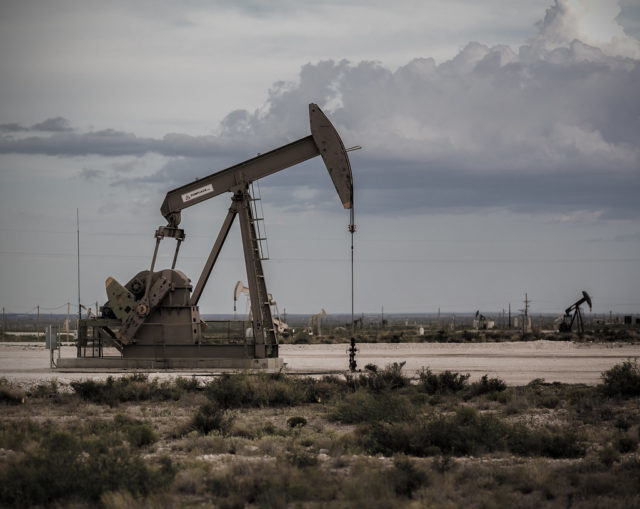
Midland Texas is facing the heaviest energy boom compared to other parts of the United States. This growth, however, is not free of challenges, as the growth in oil and gas production comes with an increasing amount of wastewater.
Currently, Texas records over 300 billion gallons of wastewater annually from oil and gas companies situated in the state. No other state produces half as much as this amount and the number of gallons is set to increase.
Wastewater around Permian Basin is more toxic than you can imagine. With the presence of chemicals that originate from hydraulic fracturing, alongside natural pollutants, the danger is real. Not only that; high salt concentrates and possible radioactive objects can harm the soil and plant life unless correctly handled.
Many companies have opted to reinject wastewater under the ground, but we fear that this method will soon become unworkable. The first concern is earthquakes, and the other is the capacity to keep up with such practice.
If you add these realities to the increased water scarcity in drought-prone regions, you will find that companies need to seek another method to dispose or purify wastewaters.
Although new options are popping up, they come with inherent challenges.
For instance, the treatment and reuse of wastewater for other hydraulic fracturing activities have up and downsides.
An upside is that oil and gas companies will use less freshwater for their production. On the other end, transferring wastewater from one well site to another raises the possibility of leaks and spillages.
Texas is not foreign to such cases of wastewater spillage that has damaged ranches and farmlands across the state.
Another suggestion by companies and regulators is to reuse the purified water for farming and irrigation or send it into the ecosystem.
Houston Natural Resources Corporation announced in 2020 that it is opening its first-ever commercial oil field environmental facility that can dispose of 25,000 barrels of fluid toxic waste from oil fields daily.
The facility will soon begin sterilizing toxic solid waste from oil fields once they receive a permit soon. With this permit, Houston Natural Resources Corporative will start issuing Texas State Certificate of Destruction of such toxic waste to its customers.
Houston Natural Resources Corporation is bringing about a vital change in environmental protection by keeping land fields free of toxic materials. The company looks to expand soon with more processing facilities spread across areas with oil and gas producing companies.
The Permian Basin needs new disposal wells because the increase in wastewater will likely overshadow the existing infrastructure even with recycling.
As for reusing the water for agriculture, we cannot be too hasty to agree, even though ranchers and farmers need clean water. We must study further to be doubly sure it’s a good idea.
While western Texas is already familiar with the consequences of oil fields and production on communities, the wastewater challenge facing the Permian horizon is unprecedented. Without proper wastewater management and handling, we could face a devastating situation that would affect the economy, activities and life of communities in western Texas.

Author Bio: Gloria Naydenova is a green lifestyle blogger. She is interested in politics, social justice, environmental issues, conservation, and fashion.












